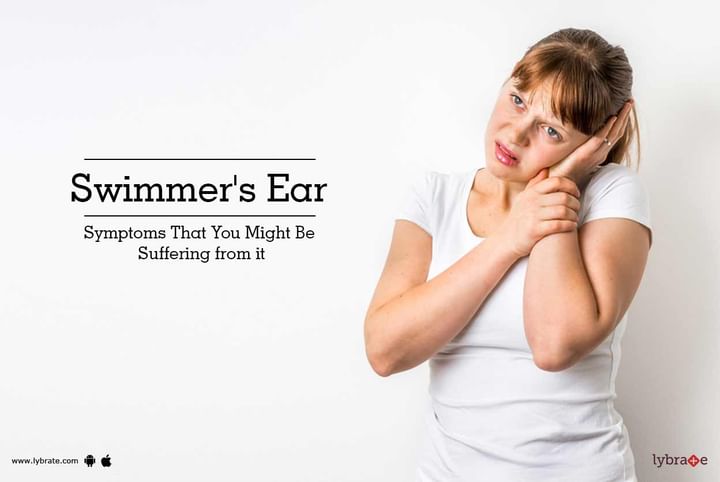Swimmer's Ear - Symptoms That You Might Be Suffering from it
Swimmer’s ear is a condition, which is characterized by an infection in the outer ear. This infection usually stems from the water that remains in the ear after swimming, forming a moist environment that allows bacteria to grow and procreate. This condition can also develop if you happen to insert your finger or other foreign objects into the ears.
Symptoms
The symptoms of this disorder are usually mild in the beginning, but may worsen if left untreated. In its germinating stage, this condition exhibits symptoms such as itching in the ears and a watery discharge. If the disorder has progressed to an advanced stage, then the symptoms become slightly different. An intense pain on the particular side of the face, swelling in the ear and blockage of the ear canal are some of the common symptoms. In extreme cases, swelling of the lymph nodes and moderate to high fever can be indicative of this condition.
Causes
The causes of swimmer’s ear are bacteria that are found in soil and water. Your ears have a natural defense system against infections; glands in the ear secrete an acidic substance called ‘cerumen’ that kills the bacteria. The ear canal has a downward slope from the middle ear to the outer ear, thus allowing the water to drain out. Swimmer’s ear occurs when these defenses fail to work. This happens when there is excessive moisture in the ear canal, creating an environment for the bacteria to grow. In addition, certain factors such as swimming in dirty water, a narrow ear canal and excessive cleaning of the ear canal can lead to this condition.
Treatment
The aim of the treatment is to prevent the infection from progressing and allow the ear to heal. The first step is to clean the ear canal so that the eardrops can reach the affected area. Once the ear is cleaned, eardrops are administered to get rid of the bacteria. The various medications that are used in the treatment of swimmer’s ear are:
1. Antibiotics: They are used to combat the bacteria that cause the infection.
2. Acidic solutions: It is used to restore the normal environment in the ear.
3. Steroids: These help in reducing the inflammation.
You may also be prescribed pain medications to treat the pain resulting from this condition. Try to avoid swimming till the condition heals completely. Make sure you aren’t inserting any foreign object in the ears as that may aggravate the situation further. If you wish to discuss about any specific problem, you can consult an ent-specialist.



+1.svg)
